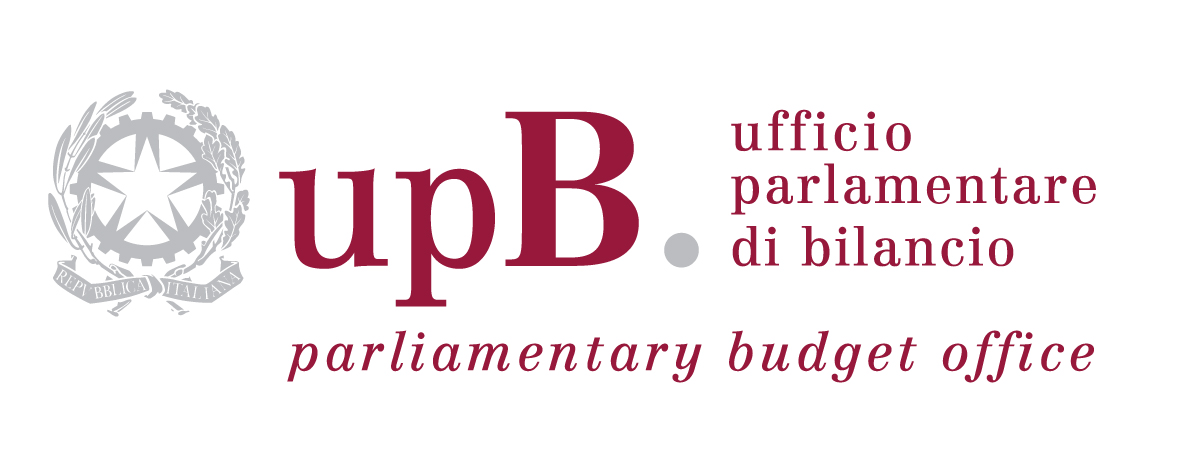1 February 2024 | PBO board member Valeria De Bonis spoke today at a hearing at the Chamber of Deputies before the Parliamentary Commission on Countering the Disadvantages Resulting from Insularity. The Parliamentary Budget Office (PBO) hearing was held as part of the cognitive survey on the identification of the disadvantages resulting from insularity and the related countermeasures.
In particular, the analysis of the PBO, after illustrating the main evidence on the socio-economic conditions of Italian islands and on the volatility of the economic performance of European islands, focused on the main factors that affect the development of the islands, on the cost estimation methods for insularity disadvantages and on the Italian and European regulatory framework addressing island specificity, as well as on the EU cohesion policy. Finally, after an in-depth examination of the national intervention policies addressing insularity, some general considerations were formulated and summarised as follows.
Insularity is a geographic characteristic that can hinder the economic and social development of a territory, particularly due to the dependency on air and maritime transportation, characterised by relatively higher costs and less frequent and stable connections.
Despite this common geographical characteristic, islands show profound differences in terms of performance, due to a combination of multiple factors: economic size, distance from the mainland and from service centres, transportation costs and small average enterprise size, productive specialisation in tourism and/or fishing activities, which exposes smaller islands to external shocks and makes them vulnerable to climate change effects. On top of all this, there are long-term historical and institutional factors related to the development of the Country the island belongs to and to the policies designed to overcome the asymmetries between islands and the mainland. Another crucial aspect is infrastructure endowment, both of an economic (networks and connections) and social (essential services for citizens) nature, which is often inferior to that of the rest of the Country. The geographical size, population size and distance from the mainland, among other things, affect this aspect.
There are also some favourable features that can mitigate the negative impacts of insularity and turn it into a development factor: Italian islands are blessed with a rich environmental, cultural and social capital heritage, and preserve traditions that make them attractive destinations for tourists.
Insularity has been acknowledged in national and European legal systems with a view to mitigating its economic and social consequences through public intervention. The Italian Constitution, in particular, recognises the unique status of its islands and promotes the necessary measures to remove the disadvantages arising from insularity.
Public policies can be directed both at mitigating the economic-social consequences of the costs of insularity, through compensatory economic measures (e.g. subsidies for transport costs, incentives for the use of technology and communication, anti-depopulation policies, etc.) and interventions aimed at correcting the causes of the imbalance (e.g. by increasing and improving infrastructure endowment), as well as exploiting its peculiarities as opportunities for development, through interventions designed to meet the specificities and needs of the territory. Overcoming the gaps and imbalances in infrastructure endowment is key to proactively addressing the issue of insularity, as well as the territorial divide. A new boost should be given to the assessment of infrastructure endowments envisaged by the enabling act on fiscal federalism (Law No. 42/2009) and relaunched with the infrastructure decree (Decree Law No. 121/2021), for which a methodology had been developed that adopted an approach to infrastructural equalisation that went beyond the quota-based criterion for allocating resources, moving to a more objective criterion, based on indicators, that exclusively reflected the infrastructural gaps to be bridged in a logic of overall rebalancing. Finally, these policies are complemented by those aimed at fostering the endogenous development of the islands.
The formulation and implementation of public policies require a thorough understanding of the effects of insularity on key economic variables. The hearing provides some evidence but highlights the need to collect further information at a municipal level to better quantify some of the negative aspects of insularity (e.g. detailed data on air and sea routes to quantify transportation costs) and explore relationships between the variables involved.
The PBO suggested that the quantitative evaluation of the effectiveness of policies to counter the effects of insularity should benefit from the use of multi-sectoral models. The models used so far do not consider insularity as a specific condition; however, they have been useful in estimating the effects on a wide range of economic variables of the exogenous reduction of transport prices in Sicily and of EU cohesion policy in the member states. A different approach, not yet applied, could be to exploit information from micro data at the company level to compare costs and productivity in different areas of the Country, thereby assessing whether and to what extent insularity constitutes a barrier to growth and regional integration.
